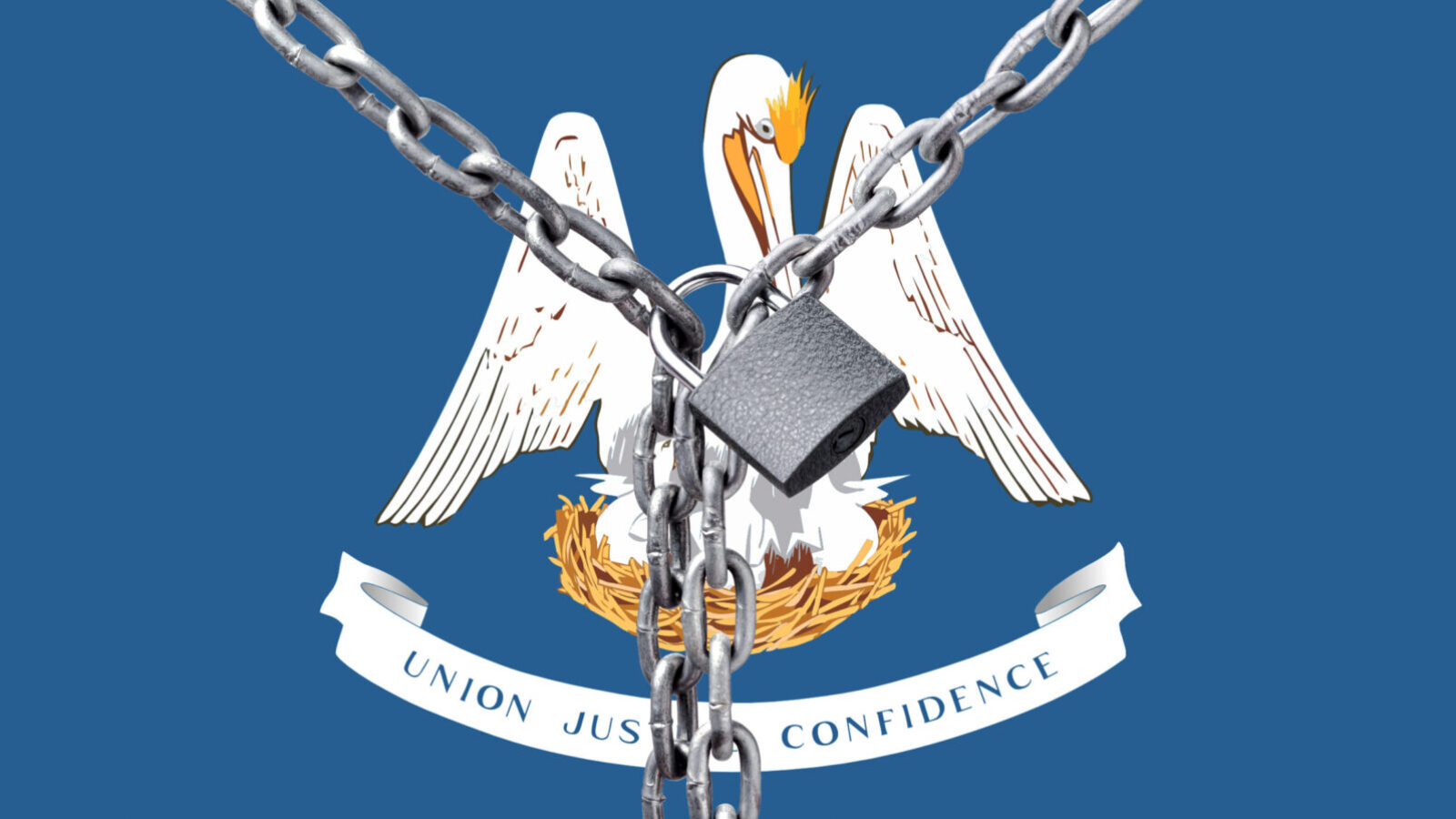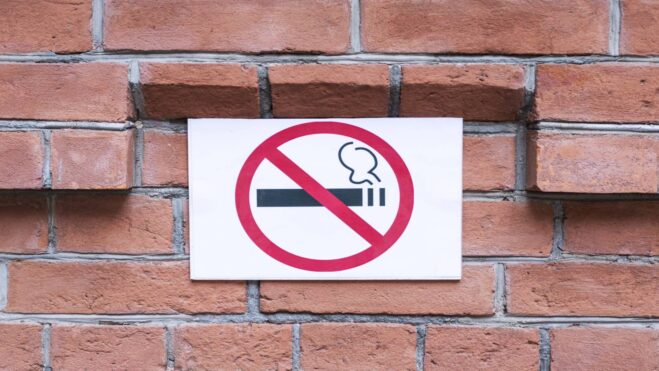Louisiana Getting 50% Response To Cease-And-Desist Letters
State authorities are working as a team to shutter illegal market and say they have many tools
2 min

Louisiana authorities are getting a response to about 50% of cease-and-desist letters sent to illegal operators in the state, Dawn Himel, director of the gaming division for the state attorney general’s office, told a panel at the Global Gaming Expo (G2E) in Las Vegas Wednesday.
The Louisiana Gaming Control Board (LGCB) in June sent out 40-plus letters to offshore operators, including VGW Holdings — which operates popular sweeps sites Chumba Casino and Luckyland Slots — Fliff, and BetUS. Himel said the letters were a coordinated effort between the AG’s office, the LGCB, and the state police, who are tasked with enforcement in the state.
“We got about a 50 percent response who said we’re legal, we’re following the laws, but we’ll shut down,” Himel said. “And any ones that are not complying, the state police will go after.”
Himel said that for the companies that don’t comply, her office will “go after them via discovery, and we won’t be gracious.” But, she stressed, it’s “important” to have the relationships between all the government agencies in order to ultimately rid a state of illegal operators.
Louisiana’s Department of Revenue has also sued offshore sweepstakes operators VGW and WOW for back taxes, which Himel said is a tool that other states may also have available to use.
Targeting supply chain effective
Louisiana is one of a growing group of states, also including Maryland, Michigan, Mississippi, and Pennsylvania, that have targeted offshore online casinos and sportsbooks. Four others — Arizona, Maryland, Nevada, and New Jersey — have sent similar letters to prediction market sites to exit their borders. Prediction markets are not technically illegal, but operate under federal rather than state regulation.
During the panel, “Fighting Back: How States are Addressing Illegal and Unregulated Gambling,” Kurt Steinkamp, the Michigan Gaming Control Board’s (MGCB) chief of staff, pointed to other ways to address the illegal market. Michigan has been at the forefront of the campaign to rid legal gambling states of illegal operators, sending out cease-and-desist letters on a nearly weekly basis.
Steinkamp said targeting the “supply chain,” including data hosting, payment processors, and others, can be successful.
He said the relationships with data hosting companies are “a particularly strong pressure point. If there is no data on their website, then they can’t offer anything. Payment processors, that is another access point.”
Online gambling platforms, however, have numerous partners, and the landscape is populated with hundreds of companies that support the platforms, meaning finding the connections is labor intensive. Gaming regulator staffs must investigate each operator, their suppliers, and vendors, and then cross-reference that information. During the process, it’s possible that a link between a supplier working with both illegal and legal platforms may be discovered. In that case, the panelists said, a regulator would have other decisions to make or actions to take.
Strange bedfellows
FanDuel Head of U.S. State Government Relations Cesar Fernandez quantified the effect of an illegal market, saying that in markets where betting is not legal, 80% of Google searches result in turning up illegal operators, while the opposite is true in states with a legal framework. He also said that while the illegal market continues to expand, the “biggest blow to an illegal marketplace is a legal marketplace.”
The task of shutting down illegal operators is not only imperfect, but because legal gambling is a states’ rights issue, it is also often redundant. Each state must address the issue on its own, but in the last year, regulators and attorneys general across the U.S. have begun to come together to attack the issue as a group or share information about the most effective tools.
A group of 50 attorneys general banded together asking the U.S. Department of Justice to crack down on offshore platforms. Moderator Tres York, VP of government relations for the American Gaming Association (AGA), said there so far has been no response.
The AGA, as well as Indian Country, are also involved in the effort to tamp down the illegal market, and the fight has had the effect of bringing together parts of the legal gambling landscape that had sometimes previously been at odds.
“We have to be partners with you guys to helping that process,” said York, speaking to all the assembled operators, regulators, and other power brokers in the industry. “You guys are the ones who can do something about it.”






